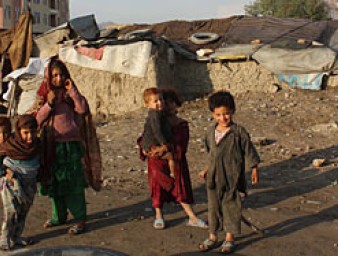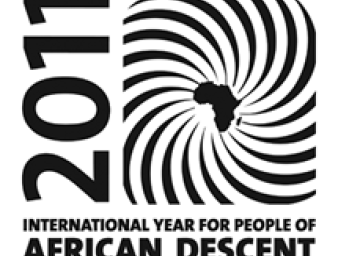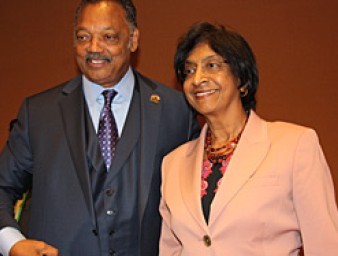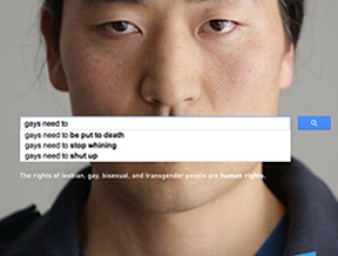Combat xenophobia, discrimination and intolerance at all costs
23 August 2012
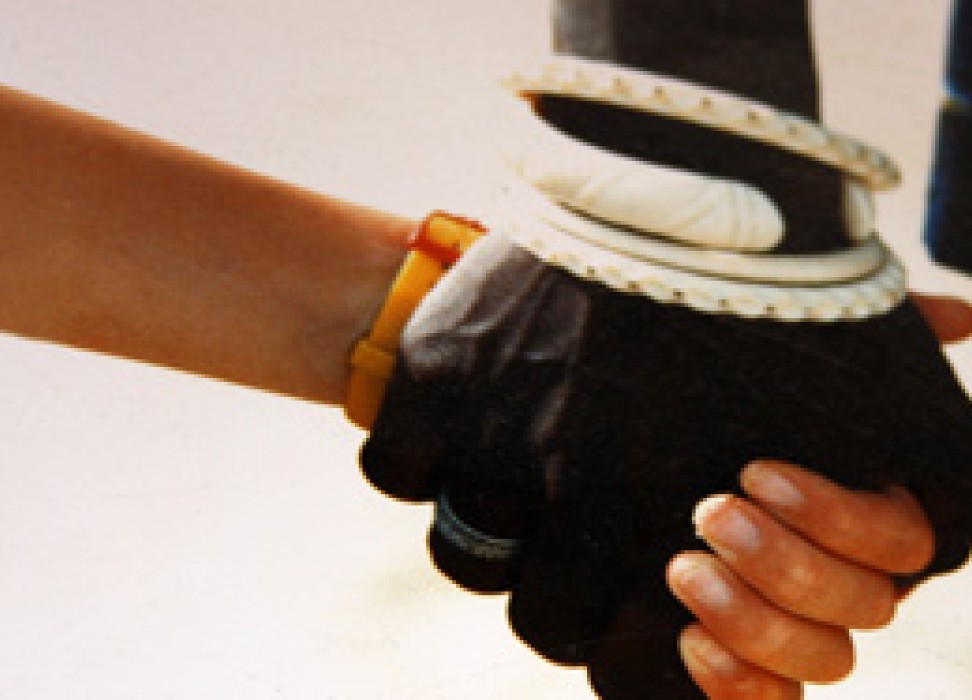
“The growing diversity of cultures within societies was presenting great challenges to governments, politicians, national human rights institutions and civil society actors in virtually every country and every region of the world,” according to United Nations Deputy High Commissioner for Human Rights Kyung-wha Kang.
Guidance must derived by the centrality of the Universal Declaration of Human Rights, reaffirming that “all human beings are born free and equal in dignity and rights and that everyone is entitled to all the rights and freedoms set forth in the declaration.”
These were her opening remarks during a panel discussion on the promotion and the protection of human rights in a multicultural context, including through combating xenophobia, discrimination and intolerance, during the latest Human Rights Council session.
“We believe xenophobia, discrimination and intolerance are addressed where human dignity is respected and human rights and freedom are promoted and protected without distinction of any kind”, she added.
Panellists discussed different aspects of the promotion and protection human rights in a multicultural context, including historical, cultural and legal elements.
Mona Zulficar, member of the Human Rights Council Advisory Committee and of the Egyptian National Human Rights Council, stated that cultural pluralism was the core component of our human identity which constituted the dynamic, creative and colourful part of our human civilization and was inseparable from full respect of human dignity and commitment to human rights and fundamental freedoms.
Laws alone cannot guarantee and protect human rights in the context of cultural diversity, but values of solidarity, tolerance and mutual respect must exist in a democratic environment to create an effective moral ground for co-existence, she added. But laws are an effective instrument of protecting human rights and combating xenophobia and discrimination in the context of cultural diversity, she said.
Mario Marazziti, journalist and member of the International Board of the Community of Sant’ Egidio, reaffirmed that cultural diversity has long been considered one of Europe’s most valuable assets. Recognising pluralism as an integral part of European identity, the European Union adopted “Unity in Diversity” as its official motto in the year 2000.
Since then, we all know, Europe has become increasingly heterogeneous, and many challenges have grown, he added.
Gurharpal Singh, Dean of the Faculty of Arts and Humanities and Professor of Inter-Religious Relations and Development at the School of Oriental and African Studies, University of London, added that multiculturalism also offered a point of departure for a more engaged understanding of human rights, one which was much more tolerant and sensitive to differences and diversity.
Most proponents of multiculturalism, he further stated, recognised the need to combat discourses which promote discrimination such as xenophobia and religious hatred.
The panellists observed that there are ‘many different views on what constitutes a good life’; that there is plurality within cultures and every culture has many differing aspects within it and is constantly interacting with others and therefore changing. These assumptions, it was suggested, must also accept the need to co-exist with shared political values around which all communities can unite. And if minority communities are committed to the State, then the State must be committed to them in recognising their difference and promoting their welfare.
Singh concluded that for multiculturalism to be effective as a public policy, the State must not merely tolerate minority cultures but provide positive affirmation, celebration and recognition of these cultures. That is why commitment to multicultural policies by States normally requires accompanying legislation to outlaw discrimination based on peoples’ cultural, ethnic, religious or racial identity, he said.
In addition to Zulficar, Marazziti and Singh, the group of panellists also included Doudou Diène, former Special Rapporteur on contemporary forms of racism, racial discrimination, xenophobia and related intolerance and Alain Godonou, Director of the Division of Thematic Programmes for Diversity, Development and Dialogue at UNESCO in Paris. The discussion was moderated by Hisham Badr, Permanent Representative of the Republic of Egypt to the United Nations Office at Geneva.
23 August 2012

VIEW THIS PAGE IN:
